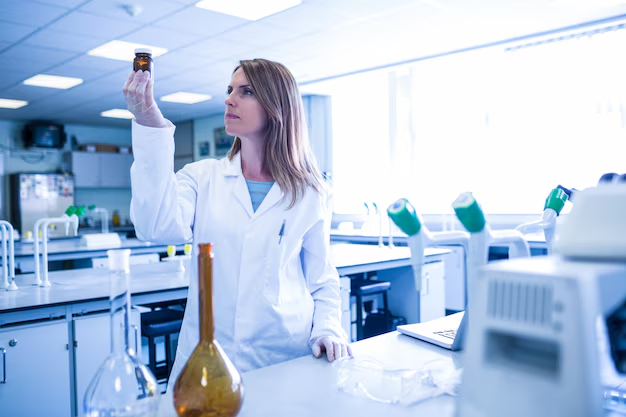How to Become a Medical Lab Scientist: Essential Degrees and Certifications
Embarking on a career as a Medical Lab Scientist is both a rewarding and intellectually stimulating endeavor, involving critical work in diagnosing diseases and managing patient care through laboratory tests. To enter this field, foundational education is pivotal, with aspiring professionals typically starting with a Bachelor’s degree in Medical Laboratory Science or a related field such as Biology or Chemistry. Accredited programs that offer a comprehensive curriculum—covering areas like microbiology, clinical chemistry, and hematology—are highly recommended. Such degrees not only equip students with essential knowledge but also provide practical laboratory skills crucial for the role.
Beyond formal education, obtaining certification is a key step to enhancing your career prospects and ensuring quality practice in the field. Professional certifications like those offered by the American Society for Clinical Pathology (ASCP) or the American Medical Technologists (AMT) showcase your expertise and commitment to the profession. Additionally, in some states, specific licensure is a requirement, thus highlighting the importance of staying informed about local regulations. Pursuing these educational pathways and credentials positions aspiring Medical Lab Scientists to succeed and make meaningful contributions in their field.
Relevant Degrees, Certificates, and Licenses
- 🎓 Bachelor’s Degree in Medical Laboratory Science, Biology, or Chemistry
- 📜 Certification through ASCP or AMT
- 🗂 State Licensure (where required)
- 📖 Additional Training Programs for specialized skills
This structured pathway ensures that you are thoroughly prepared to meet the demands of a dynamic and critical healthcare role, ready to make a significant impact.
